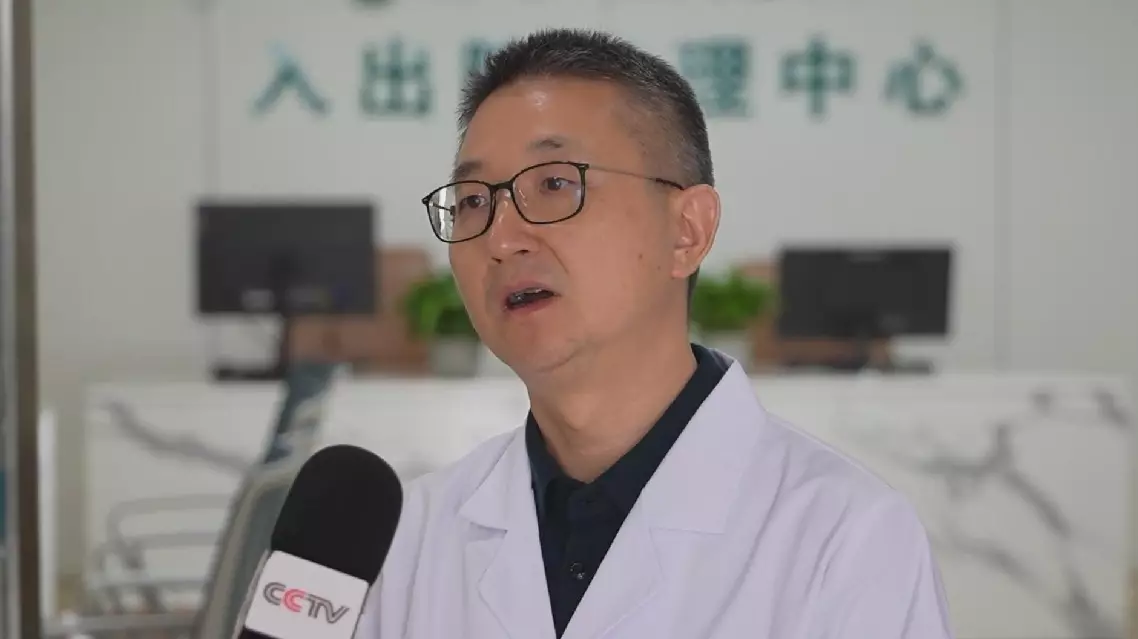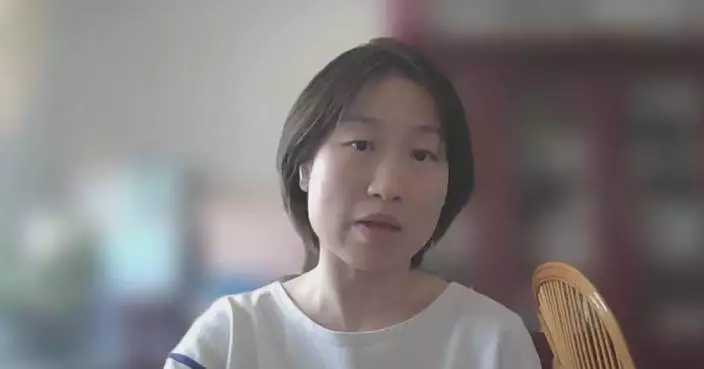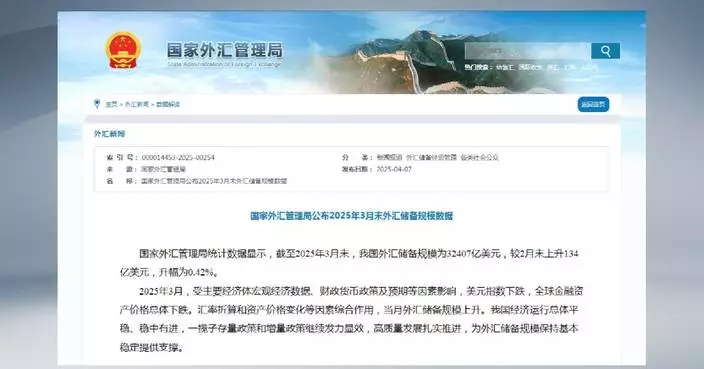Hubei released China's first pricing program for medical services with brain-computer interface (BCI) technologies this week, accelerating the cutting-edge sci-tech's pace entering people's livelihood.
The Healthcare Security Administration of Hubei Province set the maximum prices for the implantation and removal of an invasive BCI implant at 6,552 yuan (about 899.7 U.S. dollars) and 3,139 yuan respectively, and the highest price for a non-invasive BCI adaptation service at 966 yuan.
The BCI technologies are bringing revolutionary changes in the treatments of many patients, according to Professor Jiang Xiaobing with the neurosurgery department under the Union Hospital affiliated to the Tongji Medical College of Huazhong University of Science and Technology.
"For patients with hemiplegia, blindness, or aphasia, we can use BCIs to restore some of their physiological functions. And we can also use BCI technologies to treat patients with Parkinson's disease, epilepsy, or Alzheimer's disease. And currently we don't have very effective therapies to cope with these diseases. So BCIs are bringing hopes for these patients," said Jiang.
"The next three to five years are a critical period in our development of BCI technologies. Their applications to the treatments of, say, cancers and paralyses are definitely different, so relevant products have to go through corresponding procedures (before entering the end market)," said Jiang.
In March, the National Healthcare Security Administration (NHSA) released a pricing guideline for neural system care services, specifying BCIs in an independent category.
According to the NHSA, this move aims to boost the clinical application of the cutting-edge technology to benefit patients in need, against the backdrop of BCIs' rapid development in recent years.
The guideline also outlines the pricing of invasive and non-invasive BCIs respectively based on the distinctive features of the two BCI approaches.
The guideline will pave the way for the swift translation of mature BCI technology into clinical use in the future, and offer a compass for localities nationwide to manage relevant medical services, said the NHSA.

China's first medical service pricing for brain-computer interfaces issued

















































